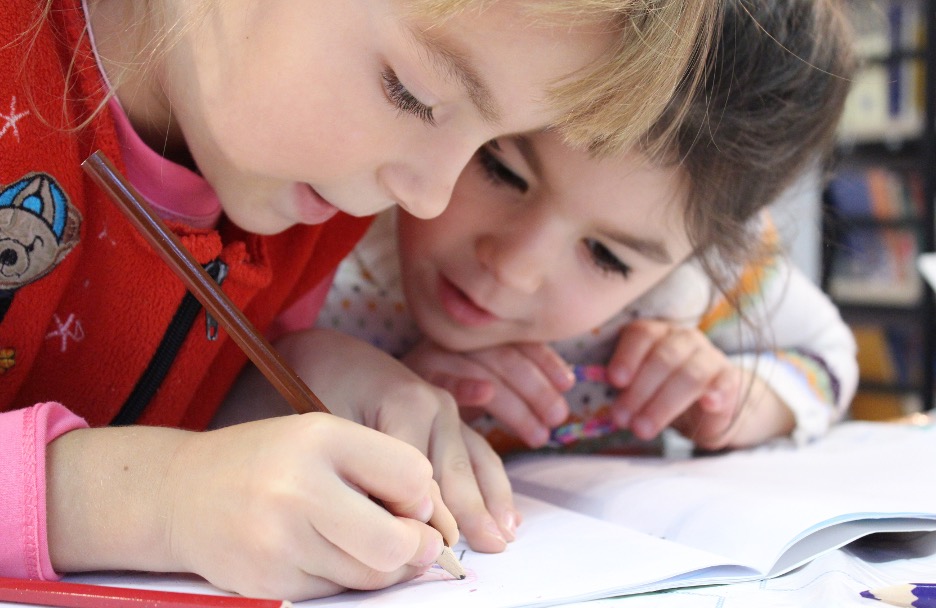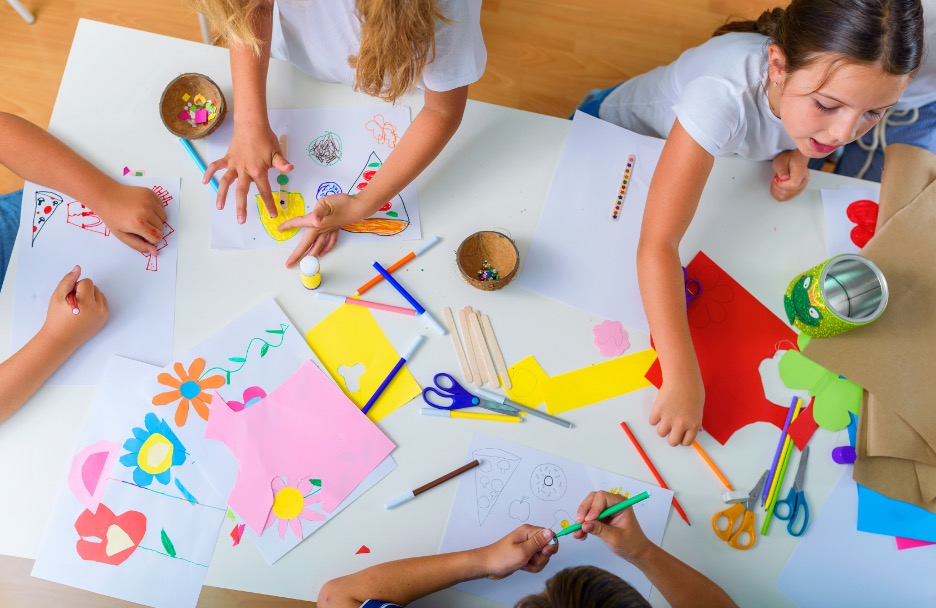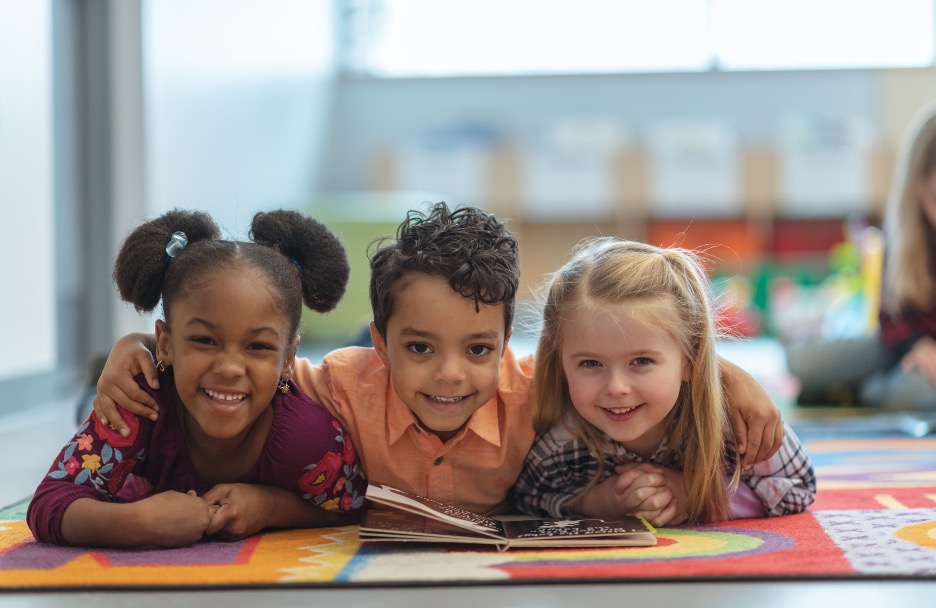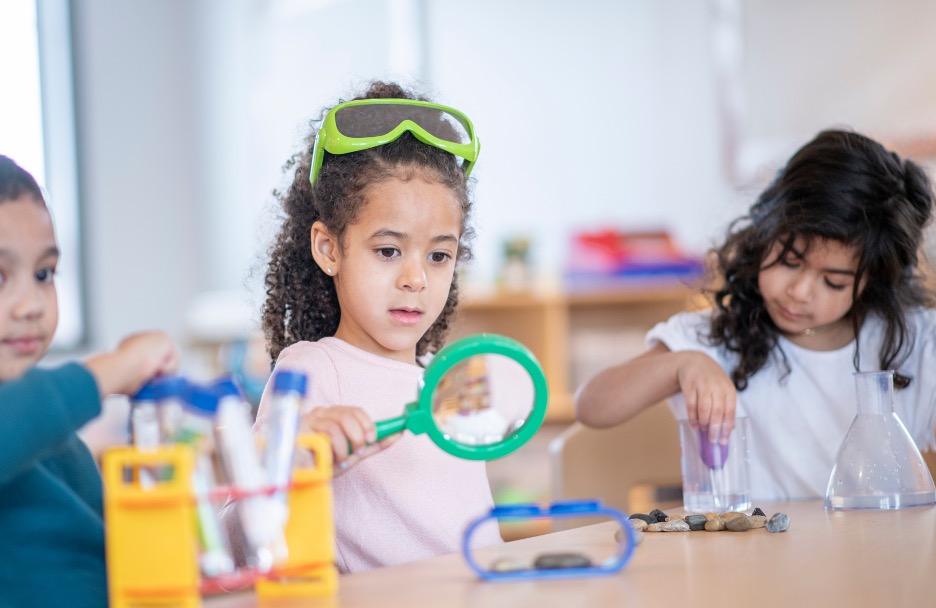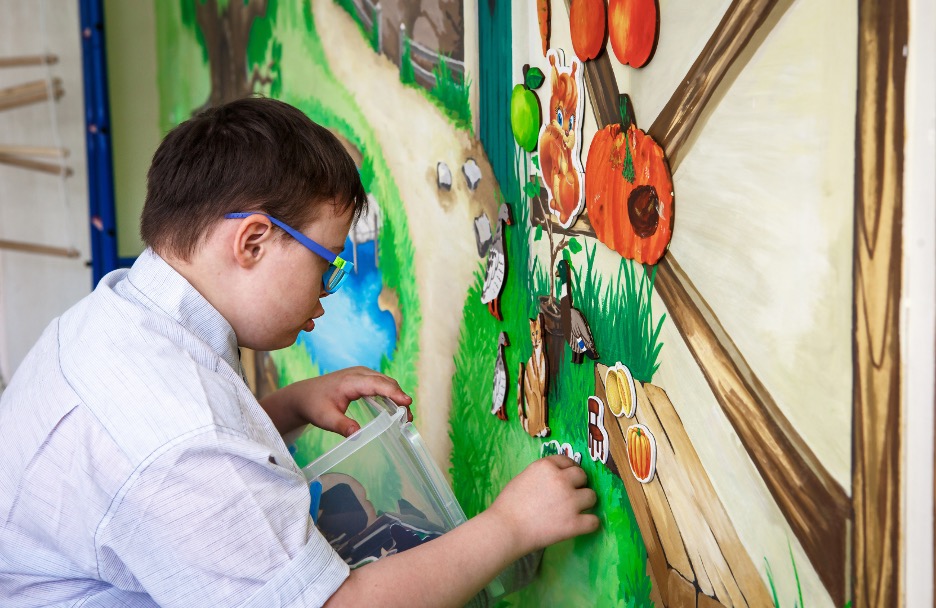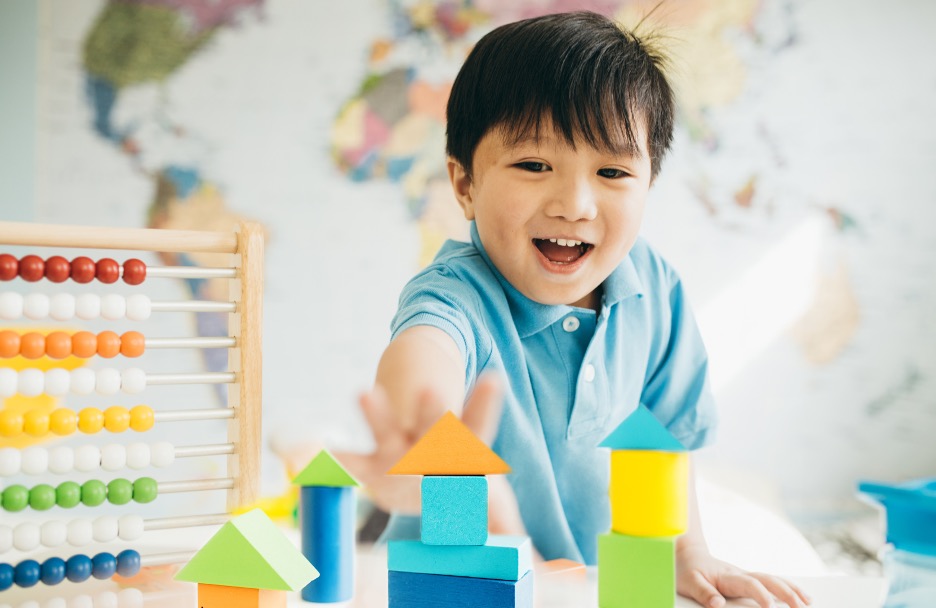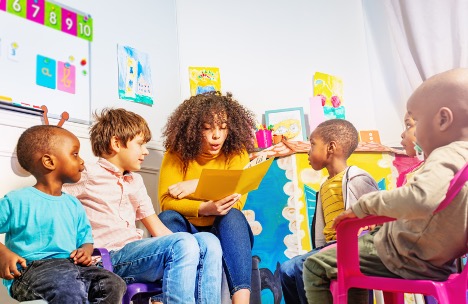Building Executive Function Skills in Young Learners
Executive function skills are essential cognitive abilities that enable individuals to plan, organize, manage time, focus attention, regulate emotions, and set goals. In young learners, the development of executive function skills lays a critical foundation for academic success, social interactions,...
Art Therapy for Children: Creative Expression and Emotional Well-being
Art therapy is a powerful form of psychotherapy that utilizes creative expression as a means of communication and healing. For children, art therapy provides a safe and supportive outlet for exploring emotions, processing experiences, and developing coping skills. Through artistic...
Encouraging a Love for Reading: Early Literacy Strategies
Fostering a love for reading from an early age is one of the greatest gifts we can give to children. Early literacy skills lay the foundation for academic success, lifelong learning, and a rich imagination. Encouraging a love for reading...
Exploring STEM Concepts Through Everyday Activities
STEM education—encompassing science, technology, engineering, and mathematics—plays a critical role in preparing children for future success. However, integrating STEM concepts into early childhood education doesn’t require elaborate equipment or complex lessons. Everyday activities offer abundant opportunities for young learners to...
Incorporating Yoga and Mindfulness into Daily Routines
In today’s fast-paced world, incorporating yoga and mindfulness practices into daily routines can offer profound benefits for both adults and children alike. These practices promote relaxation, reduce stress, and enhance overall well-being. When introduced early in life, yoga and mindfulness...
The Importance of Emotional Regulation Skills
Emotional regulation skills are fundamental abilities that enable individuals to manage and respond to their emotions effectively. In early childhood development, learning how to regulate emotions plays a crucial role in fostering social interactions, building resilience, and promoting overall well-being....
Supporting Children with Special Needs in Early Education
Inclusive early education practices are essential for ensuring that every child, including those with special needs, receives the support and resources necessary to thrive and reach their full potential. Supporting children with special needs in early education settings requires a...
Promoting Positive Behavior Through Positive Reinforcement
Promoting positive behavior is a cornerstone of effective parenting and education, contributing to children’s social-emotional development, self-esteem, and overall well-being. Positive reinforcement is a powerful tool that encourages desirable behaviors by rewarding and acknowledging children’s efforts and achievements. In this...
Understanding Sensory Processing in Children
Sensory processing plays a fundamental role in how children perceive and interact with the world around them. Sensory processing refers to the brain’s ability to organize and interpret sensory information from the environment, including touch, taste, smell, sight, sound, and...
The Benefits of Storytelling in Early Childhood Education
Storytelling is a timeless and powerful tool that has been used for centuries to engage, inspire, and educate individuals of all ages. In the context of early childhood education, storytelling holds immense value as a means of fostering language development,...

